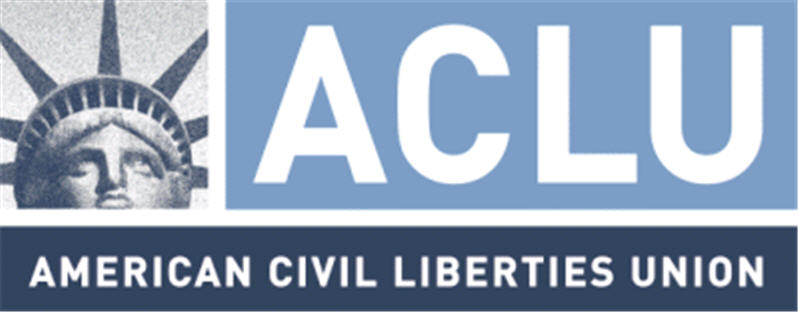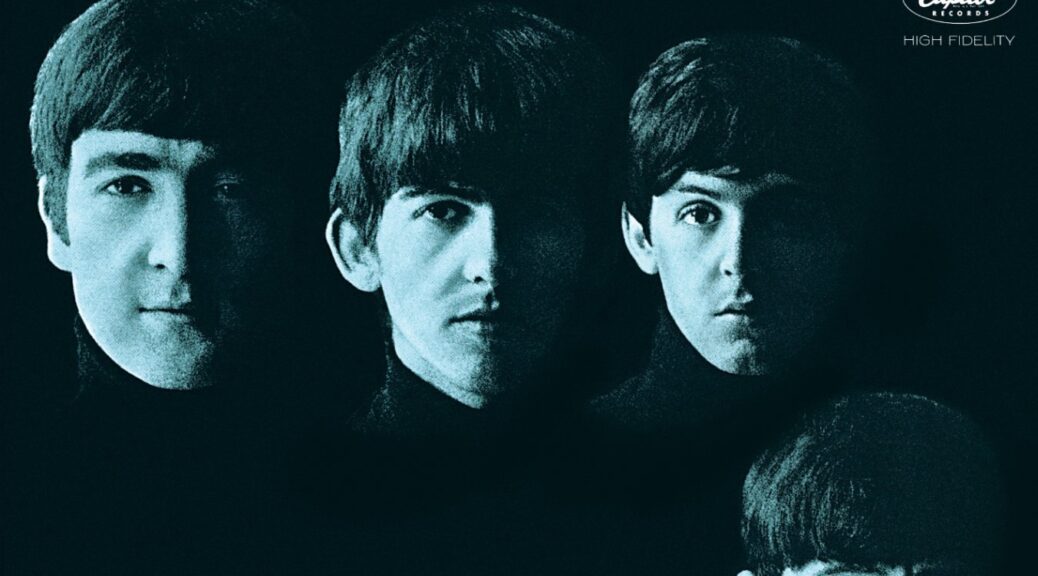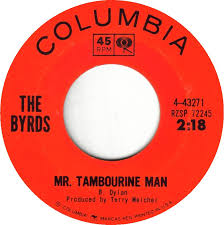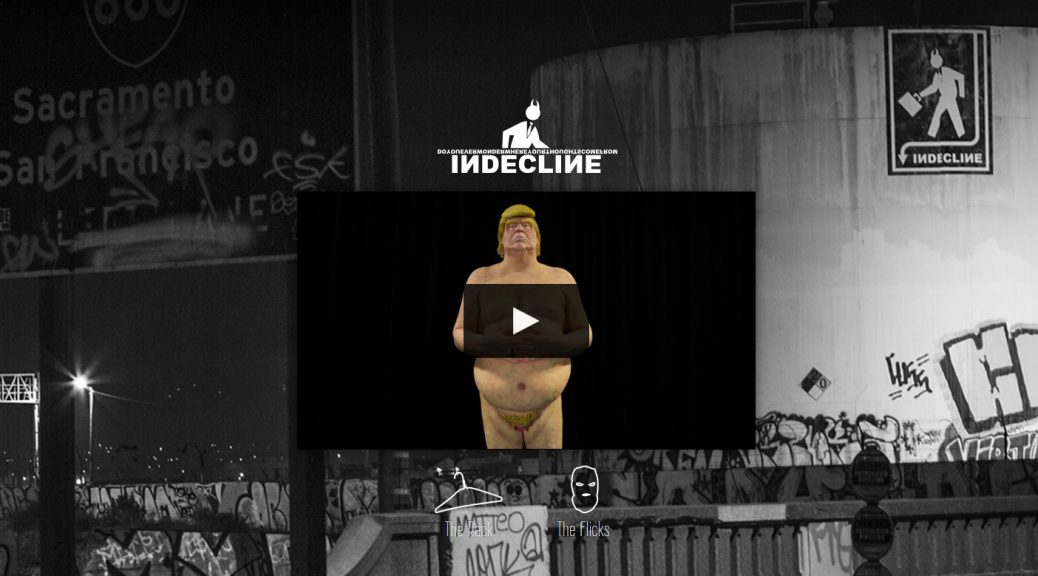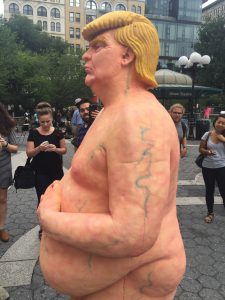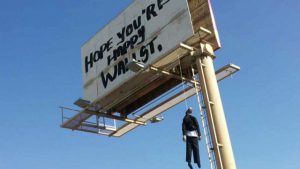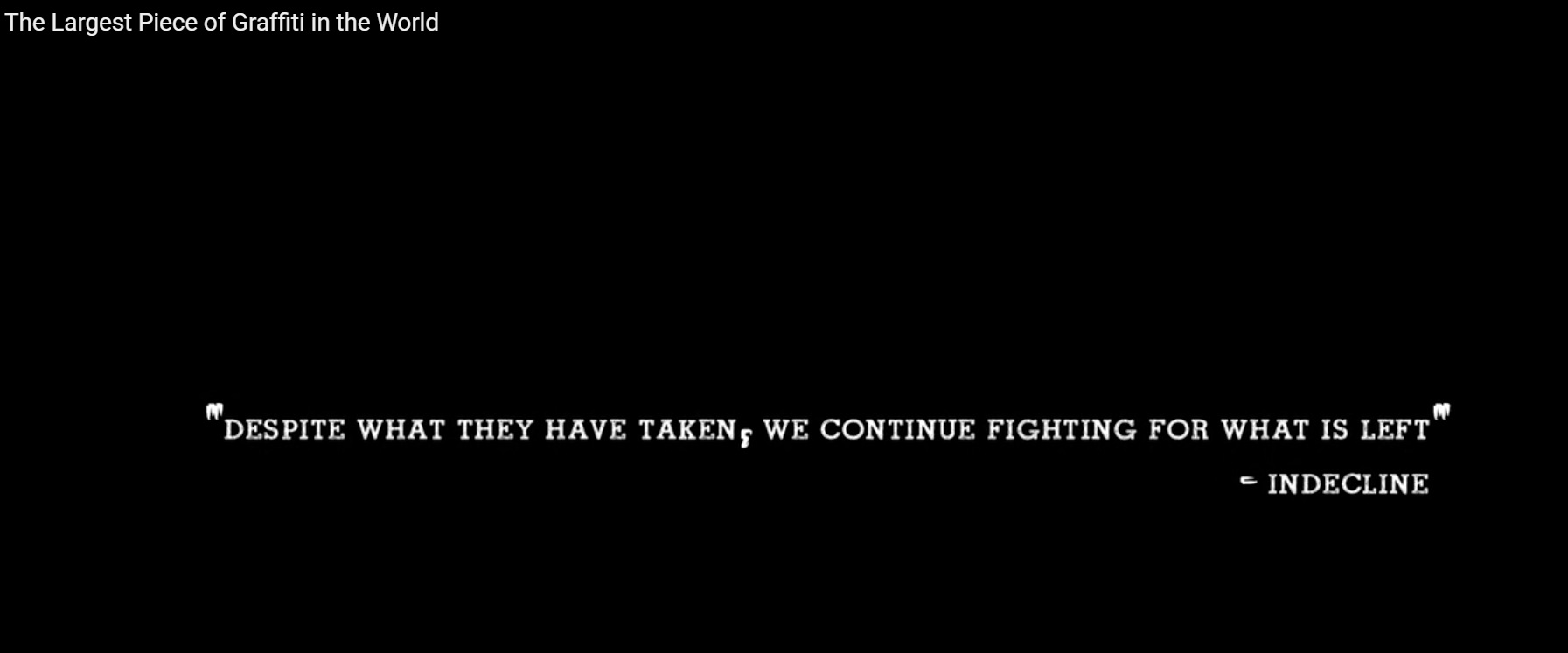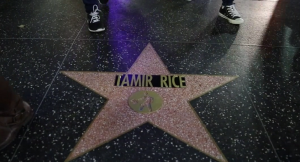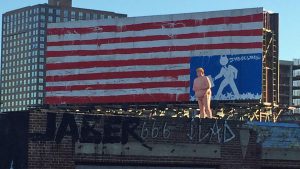January 20 Peace Love Art Activism
BLACK HISTORY
Hiram Rhodes Revels
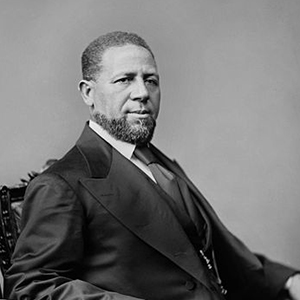 January 20, 1870: Hiram Rhodes Revels was elected to the U.S. Senate. He would become the first African American to serve in the United States Congress. Revels was elected in Mississippi to fill the vacancy left after the state’s secession from the Union prior to the Civil War.
January 20, 1870: Hiram Rhodes Revels was elected to the U.S. Senate. He would become the first African American to serve in the United States Congress. Revels was elected in Mississippi to fill the vacancy left after the state’s secession from the Union prior to the Civil War.
However, when Revels later arrived in Washington, Southern Democrats determined to block his seating to the U.S. Congress. The Democrats declared his election null and void for various reasons including the fact that he was ineligible for the Senate because he was not a citizen under Dred Scott until the passage of the 14th Amendment. (biography of Revels from US House site) (BH, see Feb 3; Revels, see Feb 25)
George H White/lynching
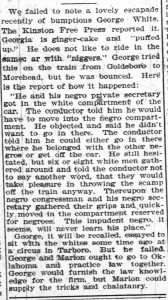 January 20, 1900: Black Congressman, George H White from North Carolina introduced the first bill in Congress to make lynching a federal crime to be prosecuted by federal courts; it died in committee, opposed by southern white Democrats. (next BH & Lynching, see Nov 16; for for expanded chronology, see American Lynching 2)
January 20, 1900: Black Congressman, George H White from North Carolina introduced the first bill in Congress to make lynching a federal crime to be prosecuted by federal courts; it died in committee, opposed by southern white Democrats. (next BH & Lynching, see Nov 16; for for expanded chronology, see American Lynching 2)
Georgia attempts to withhold school funding
January 20, 1951: Georgia Governor Eugene Talmadge attempted to fight integration by asking the legislature to withhold funds from schools which admit black students. (see Apr 23)
James H Meredith
January 20, 1963: though he initially considered leaving because of continual harassment, James H Meredith announced that he would return to the U of Mississippi for the spring semester. (next BH, see Jan 24; Meredith, see July 9 )
Martin Luther King Jr. Day
January 20, 1986: the US observed the first federal holiday in honor of slain civil rights leader Martin Luther King Jr. (see Feb 6)
Biden reverses Trump policies
January 20, 2021: On his first day in office, President Biden ended the Trump administration’s 1776 Commission, which had released a report that historians said distorted the role of slavery in the United States, among other history.
Biden also revoked Trump’s executive order limiting the ability of federal agencies, contractors and other institutions to hold diversity and inclusion training.
The president designated Susan E. Rice, the head of his Domestic Policy Council, as the leader of a “robust, interagency” effort requiring all federal agencies to make “rooting out systemic racism” central to their work. His order directed the agencies to review and report on equity in their ranks within 200 days, including a plan on how to remove barriers to opportunities in policies and programs. The order also moves to ensure that Americans of all backgrounds have equal access to federal government resources, benefits and services. It starts a data working group as well as the study of new methods to measure and assess federal equity and diversity efforts. [NYT article] (next BH, see Feb 11)
January 20 Peace Love Art Activism
BILL OF RIGHTS
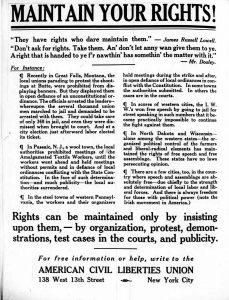 January 20, 1920: American Civil Liberties Union (ACLU) founded.
January 20, 1920: American Civil Liberties Union (ACLU) founded.
January 20 Peace Love Art Activism
see January 20 Music et al for more
Meet the Beatles
January 20, 1964, The Beatles before their US appearance: Meet The Beatles! released. (see Meet the Beatles! for more) (see Feb 7)
Alan Freed
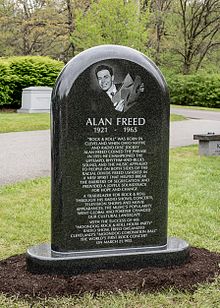 January 20, 1965: Alan Freed died. Freed was the man who first played Rock and Roll on the radio and was one of the first to use the term “Rock’N’Roll” in the early 1950’s. Freed is commonly referred to as the “Father of Rock’N’Roll”. He helped bridge the gap of segregation among young teenage Americans, presenting music by African-American artists (rather than cover versions by white artists) on his radio program, and arranging live concerts attended by racially mixed audiences. Freed appeared in several motion pictures as himself. In the 1956 film Rock, Rock, Rock, Freed tells the audience that “rock and roll is a river of music that has absorbed many streams: rhythm and blues, jazz, rag time, cowboy songs, country songs, folk songs. All have contributed to the big beat.” (see January 8, 1966)
January 20, 1965: Alan Freed died. Freed was the man who first played Rock and Roll on the radio and was one of the first to use the term “Rock’N’Roll” in the early 1950’s. Freed is commonly referred to as the “Father of Rock’N’Roll”. He helped bridge the gap of segregation among young teenage Americans, presenting music by African-American artists (rather than cover versions by white artists) on his radio program, and arranging live concerts attended by racially mixed audiences. Freed appeared in several motion pictures as himself. In the 1956 film Rock, Rock, Rock, Freed tells the audience that “rock and roll is a river of music that has absorbed many streams: rhythm and blues, jazz, rag time, cowboy songs, country songs, folk songs. All have contributed to the big beat.” (see January 8, 1966)
Byrds Mr Tambourine Man
January 20, 1965: The Byrds entered the studio to record “Mr Tambourine Man,” what would become the title track of their debut album and, incidentally, the only Bob Dylan song ever to reach #1 on the U.S. pop charts. Aiming consciously for a vocal style in between Bob Dylan and John Lennon, Roger McGuinn sang lead, with Gene Clark and David Crosby providing the complex harmony that would, along with McGuinn’s jangly electric 12-string Rickenbacker guitar, form the basis of the Byrds’ trademark sound. (see Mar 27)
Woody Guthrie Memorial Concert
January 20, 1968, Bob Dylan and the Band performed Woody Guthrie’s “I Ain’t Got No Home” at the Woody Guthrie Memorial Concert, Carnegie Hall. The concert was Dylan’s first public appearance since his motorcycle accident on August 20, 1966 . (see June 22)
Judy In Disguise
January 20 – Feb 2, 1968: “Judy In Disguise (With Glasses)” by John Fred & His Playboy Band #1 on the Billboard Hot 100.
Judy in disguise, well that’s what you are
Lemonade pies with a brand new car
Cantaloupe eyes come to me tonight
Judy in disguise, with glasses.
The Beatles inducted
January 20, 1988. Paul McCartney did not attend the ceremony, leaving surviving Beatles George Harrison and Ringo Starr, and Lennon’s widow, Yoko Ono, to be inducted by Mick Jagger. McCartney released a brief statement that read: ‘’After 20 years, the Beatles still have some business differences, which I had hoped would have been settled by now. Unfortunately, they haven’t been, so I would feel like a complete hypocrite waving and smiling with them at a fake reunion.’’ (see May 7, 1992)
January 20 Peace Love Art Activism
January 20 Inaugurations Since 1960
January 20, 1961: John F Kennedy inaugurated. [Inauguration Address]
January 20, 1965: Lyndon B. Johnson was sworn in for his own full term as U.S. President. [Inauguration Address]
January 20, 1969, Richard Nixon inaugurated. [Inauguration Address]
January 20, 1973: Nixon inaugurated for his second term.[Inauguration Address]
January 20, 1977, Jimmy Carter inaugurated.[Inauguration Address]
January 20, 1981: Ronald Reagan’s first inaugurated. [Inauguration Address]
January 20, 1985: Reagan’s second inauguration. [Inauguration Address]
January 20, 1989: George H. W. Bush inaugurated the 41st President.[Inauguration Address]
January 20, 1993: Bill Clinton inaugurated first time. [Inauguration Address]
January 20, 1997, Bill Clinton is inaugurated for his second term. On the last day of his presidency, [Inauguration Address]
January 20, 2001: George W. Bush inaugurated first time. [Inauguration Address]
January 20, 2005, George W. Bush is inaugurated for his second term. [Inauguration Address]
January 20, 2009: Barack Obama inaugurated first time. [Inauguration Address]
January 20, 2013: Barack Obama inaugurated second time. [Inauguration Address]
January 20, 2017: Donald Trump inaugurated. [Inauguration Address]
January 20, 2021: Joe Biden inaugurated. [Inaugurations Address]
January 20, 2025: Donald Trump inaugurated. [Inauguration Address with annotations from the NYT and CNN Fact check]
January 20 Peace Love Art Activism
Feminism
January 20, 1966: stewardess Judith Evenson’s challenge to the airlines’ “no marriage” policy was one of a number of cases between the mid-1960s and mid-1970s in which stewardesses challenged discriminatory policies in the industry. She eventually settled her case out of court, but subsequent challenges by other stewardesses ended this and other discriminatory policies. (F, see June 30; Labor, see June 8)
January 20 Peace Love Art Activism
Iran hostage crisis
January 20, 1981: Iran released the 52 Americans held for 444 days within minutes of Ronald Reagan’s inauguration ending the Iran hostage crisis. (NY Daily News article) (see IHC for expanded chronology)
January 20 Peace Love Art Activism
Symbionese Liberation Army
January 20, 2001: on his final day in office, President Bill Clinton issued a presidential pardon to Patty Hearst. (Guardian article) (see Patti Hearst for more about the SLA)
January 20 Peace Love Art Activism
LGBTQ
Maryland/Same-sex marriage
January 20, 2006: Maryland Circuit Court Judge M. Brooke Murdock struck down a state law banning same-sex marriage saying the measure violated a state constitutional amendment prohibiting sex discrimination. (see October 25, 2006)
Biden reverses Trump
January 20, 2021: on his first day in office President Biden with an executive order reinforced Title VII of the Civil Rights Act of 1964 to require that the federal government dids not discriminate on the basis of sexual orientation or gender identity, a policy that reverses action by Trump’s administration. [NYT article] (next LGBTQ, see Jan 25)
January 20 Peace Love Art Activism
Foxconn
January 20, 2011: iPhone maker Apple was criticized by Chinese green groups for lax corporate oversight of its suppliers in China, leading to poor environmental and work safety standards that poisoned dozens of factory workers. (see Feb 22)
January 20 Peace Love Art Activism
SEPARATION OF CHURCH AND STATE
Holt v Hobbs
January 20, 2015: in Holt v Hobbs, the US Supreme Court ruled unanimously and invalidated an Arkansas state prison rule that barred inmates from growing beards measuring more than a quarter of an inch long. The rule had been challenged by inmate Gregory Holt, a Muslim man who had asked for permission to grow a half-inch-long beard as a compromise from the full beard he believed was required by his faith. In the ruling the Supreme Court said the policy violated Holt’s religious beliefs.
Justice Ruth Ginsberg wrote: “Unlike the exemption this Court approved in Burwell v. Hobby Lobby Stores, Inc., accommodating petitioner’s religious belief in this case would not detrimentally affect others who do not share petitioner’s belief. On that understanding, I join the Court’s opinion.” (Oyez article)
Church request denied
January 20, 2015: the Supreme Court decided not hear a petition by the Roman Catholic Diocese of Baton Rouge, LA regarding a civil lawsuit the diocese said threatened the confidentiality of the confession.
The petition had sought to block a child from testifying in a civil suit against the church and priest about what she said in confession. The high court’s decision meant the lawsuit could move forward.
The Louisiana Supreme Court’s ruling, rendered in May 2014, laid out arguments that priests should be subject to mandatory reporting laws regarding abuse of minors if the person who makes the confession waives confidentiality. Normally, priests are exempt as mandatory reporters in the setting of confessions. The decision by the state’s high court stated confidentially was intended to protect the person who made the confessions, not the person who receives them.
The original case involved a then-minor girl, who alleged she confessed during the sacrament of Reconciliation to Baton Rouge priest Father George Bayhi that a fellow church parishioner had molested her. The Mayeux family sued the priest and diocese for damages, claiming they were negligent in allowing the alleged abuse to continue and should have reported it to authorities. The suit also names the estate of the man Mayeux says molested her, who died in 2009, as a defendant.
The state Supreme Court’s ruling did not decide the case but ordered it returned to the district level for a hearing to let both sides present evidence about the nature of the confessions. The hearing would decide if the communications between Mayeux and Bayhi should be considered religious confessions and/or explore the content of what was allegedly said. (see June 30)
January 20 Peace Love Art Activism
Fair Housing
January 20, 2017: the new Trump administration immediately undid one of Barack Obama’s last-minute economic-policy actions: a mortgage-fee cut under a government program that was popular with first-time home buyers and low-income borrowers.
HUD cancelled a reduction in the Federal Housing Administration’s annual fee for most borrowers. The cut would have reduced the annual premium for someone borrowing $200,000 by $500 in the first year. (see May 1)
Renewed Rule
January 20, 2023: the US Department of Housing and Urban Development (HUD) released a proposed fair housing rule which put back in place many fair housing obligations that the Trump administration rescinded in 2020.
The new rule revived many provisions of the 2015 Affirmatively Further Fair Housing (AFFH) Rule, passed during the Obama administration. The 2015 rule required program participants to submit an “equity plan” for review and acceptance to HUD every five years. It also required participants to identify fair housing issues in their communities and set goals to remedy them.
The Biden administration’s proposed rule was supposed to foster “greater transparency and public involvement” in its execution by making equity plans available for public feedback. HUD would provide technical assistance to communities under this program. The rule also aimed to create public accountability by including a “complaint and compliance review process.”
The proposed rule fulfilled an obligation in the 1968 Fair Housing Act, which formed part of the landmark 1968 Civil Rights Act, signed into law by President Lyndon B. Johnson. It prohibited discrimination on the basis of race, sex, religion, disability and other grounds in the provision of real estate and brokerage services. [Jurist article] (next FH, see Mar 17)
January 20 Peace Love Art Activism
Trump Impeachment
January 20, 2020: Senator Mitch McConnell, the majority leader, unveiled ground rules for President Trump’s impeachment trial that would attempt to speed the proceeding along and refuse to admit the evidence against the president unearthed by the House without a separate vote.
In a 110-page brief submitted to the Senate, the president’s lawyers advanced their first sustained legal argument since the House opened its inquiry in the fall, contending that the two charges approved largely along party lines were constitutionally flawed and set a dangerous precedent. [NYT story] (next TI, see Jan 21 or see Trump for expanded chronology]
January 20 Peace Love Art Activism
Women’s Health
January 20, 2020: according to the findings by the National Bureau of Economic Research, the financial cards were stacked against women who wanted but were denied an abortion, as they and their children were more likely to spend years living in poverty than those able to end their pregnancies. Those compelled to carry an unwanted pregnancy to term were far more likely to experience eviction, bankruptcy and be mired in debt,
In looking at a decade of credit data for women who sought abortions at 30 health providers in 21 states, the latest findings built upon a 2019 study that found denied abortions quadrupled the odds of a new mother and her child living in poverty. The new analysis compared changes over time in credit report outcomes for three years before and up to five years after the intended abortion.
“We find that being denied an abortion has large and persistent effects on financial distress that are sustained for five years following the intended abortion,” wrote the report’s authors, Sarah Miller of the University of Michigan, Laura Wheery of the University of California at Los Angeles and Diana Foster of of the University of California at San Francisco. “Unpaid debts that are more than 30 days past due more than double in size, and the number of public records, which include negative events such as evictions and bankruptcies, increases substantially.” [CBS News story] (next WH, see Feb 20)
January 20 Peace Love Art Activism
Environmental Issues
Paris Climate Accord
January 20, 2021: President Biden signed a letter to re-enter the United States in the Paris climate accords, which it would officially rejoin in 30 days from January 20.
In 2019, President Trump had formally notified the United Nations that the United States would withdraw from the coalition of nearly 200 countries working to move away from planet-warming fossil fuels like coal, oil and natural gas.
In additional executive orders, Biden began the reversal of a slew of the Trump administration’s environmental policies, including revoking the permit for the Keystone XL pipeline; reversing the rollbacks to vehicle emissions standards; undoing decisions to slash the size of several national monuments; enforcing a temporary moratorium on oil and natural gas leases in the Arctic National Wildlife Refuge; and re-establishing a working group on the social costs of greenhouse gasses. [NYT article] (next EI, see Jan 27)
Trump redux
January 20, 2025: President Donald Trump signed an order on stage to withdraw the US from the Paris climate treaty. The order said the move was in the interest of putting “America first”. But environmental groups condemned the decision, arguing the exit of the world’s second-largest greenhouse gas emitter from the agreement will exacerbate climate damages while ceding US influence in global negotiations to its rival and clean-energy juggernaut, China.
“This is a matter of the US and the Trump administration shooting themselves in the foot,” says David Waskow at the World Resources Institute, a global environmental nonprofit. “It will sideline the US.” [New Scientist article] (next EI, see Mar 4)
January 20 Peace Love Art Activism
Immigration History
DACA
January 20, 2021: with an executive order, President Biden bolstered the Deferred Action for Childhood Arrivals [DACA] program that protected from deportation immigrants brought to the United States as children, often called Dreamers. President Trump had sought for years to end the program.
The order also called on Congress to enact legislation providing permanent status and a path to citizenship for those immigrants.
Another order overturned a Trump executive order that pushed aggressive efforts to find and deport unauthorized immigrants.
Another order blocked the deportation of Liberians who had been living in the United States.
Biden has also ended the so-called Muslim ban, which blocked travel to the United States from several predominantly Muslim and African countries. Biden had directed the State Department to restart visa processing for individuals from the affected countries and to develop ways to address the harm caused to those who were prevented from coming to the United States because of the ban. [NYT article] (next DACA, see July 17)
Trump’s Wall
January 20, 2021: President Biden halted construction of President Trump’s border wall with Mexico. The order included an “immediate termination” of the national emergency declaration that had allowed the Trump administration to redirect billions of dollars to the wall. It said the administration would begin “a close review” of the legality of the effort to divert federal money to fund the wall. [NYT article](next TW, see)
2020 Census
January 20, 2021: with an executive order, Biden revoked the Trump administration’s plan to exclude noncitizens from the census count, [NYT article] (next 2020 Census, see Apr 26; next IH, see Jan 26)
Trump’s first day
January 20, 2025: in a series of orders President Trump moved to seal the nation’s borders against migrants and systematically crack down on undocumented immigrants already in the United States, part of a policy barrage that included a national emergency declaration to deploy the military to the border and a bid to cut off birthright citizenship for the children of non-citizens. He shut down a government program app (C.B.P. One) created by President Biden that allowed migrants to secure appointments for admission into the United States through legal ports of entry. [NYT article] (next IH, see Jan 21; birthright, see Jan 23)
January 20 Peace Love Art Activism
Sexual Abuse of Children
January 20, 2022: Pope Benedict XVI knew about priests who abused children but failed to act when he was archbishop of Munich from 1977 to 1982, an inquest found, rejecting Benedict’s long-standing denials in a damning judgment.
“He was informed about the facts,” lawyer Martin Pusch said, as the Westpfahl Spilker Wastl law firm announced the findings of an investigation into historic sexual abuse at the Munich Archdiocese over several decades. The report was commissioned by the church itself.
“We believe that he can be accused of misconduct in four cases,” Pusch said. “Two of these cases concern abuses committed during his tenure and sanctioned by the state. In both cases, the perpetrators remained active in pastoral care.” [CNN article] (next SaoC, see Apr 19)
January 20 Peace Love Art Activism
Crime and Punishment/Native Americans
January 20, 2025: President Joe Biden pardoned Dr. Anthony Fauci, retired Gen. Mark Milley and members of the House committee that investigated the Jan. 6 attack on the Capitol, in an extraordinary use of the powers of the presidency in his final hours to guard against potential “revenge” by the incoming Trump administration. [AP article]
Biden also commuted the sentence of native-American activist Leonard Peltier following decades of community-led advocacy calling his imprisonment an example of the U.S. government’s mistreatment of Native Americans. [AP article]
Following his inauguration, President Trump issued pardons for some 1,500 defendants who participated in the siege on the U.S. Capitol four years ago, including Enrique Tarrio, the former Proud Boys chairman. [NPR article] (next C & P, see Jan 27; next NA, see June 5 )

